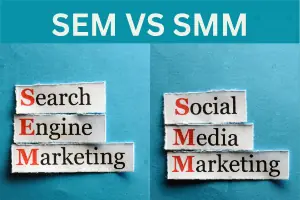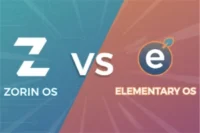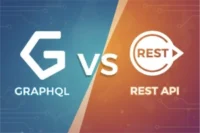4G vs 5G Network Technology: What You Need to Know!
Published: 25 Nov 2024
Imagine if your internet could be super-fast, allowing you to download movies in seconds, play games without lag, and video chat with friends without interference. That’s what 5G technology promises, and it’s a huge leap forward compared to 4G, the technology most of us have been using for years.
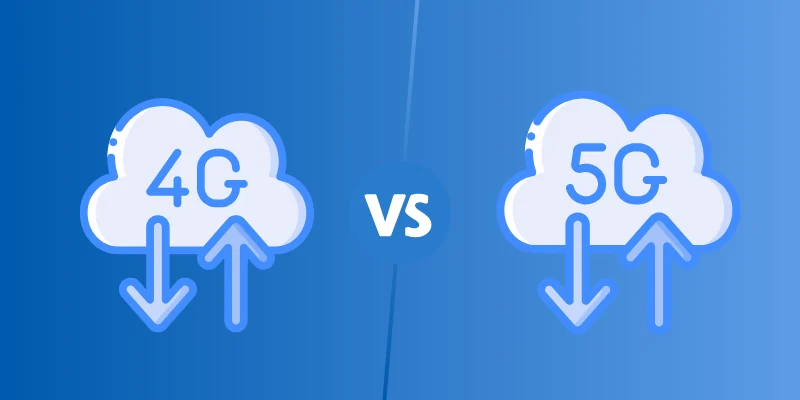
Just like how internet protocols have evolved from IPv4 vs IPv6 to handle more devices and greater efficiency, mobile networks are also advancing to meet modern demands.
In this article, we’ll explore the differences between 4G and 5G, how they work, and what makes them special. Let’s dive in!
What is 4G Technology?
4G stands for “fourth generation” and it was a major clear forward in mobile internet technology.
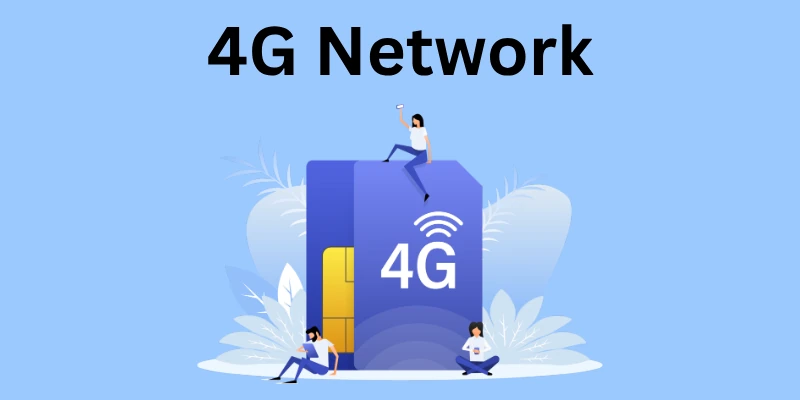
It made our smartphones and tablets much faster and more reliable.
What is 5G Technology?
5G stands for “fifth generation”, and it’s the latest advance in mobile technology.
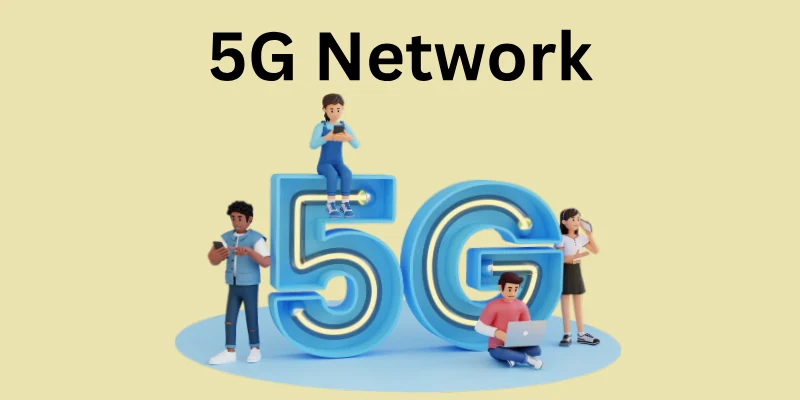
It’s designed to be faster, smarter, and more capable than its predecessor, 4G.
Differences Between 4G and 5G
Here we discuss the main key comparisons one by one in detail:
Speed Comparison
4G: 4G networks can reach speeds of up to 100 Mbps for mobile users and 1 Gbps for stationary users, allowing quick downloads and streaming.
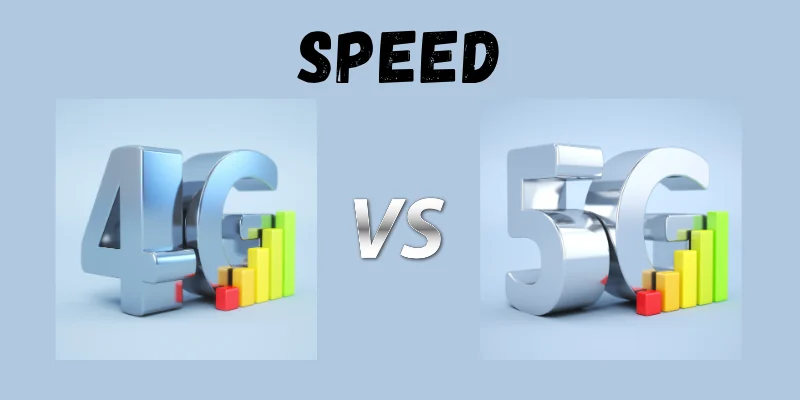
5G: 5G can reach speeds of up to 10 Gbps, making downloads and uploads lightning-faster than 4G.
Latency Comparison
4G: Typically has a latency of around 30-50 milliseconds. Latency refers to the delay before data starts to transfer. 4G has lower latency compared to older networks, providing a smoother experience.
5G: Offers ultra-low latency of around 1 millisecond, ideal for real-time applications. Making it perfect for gaming and virtual reality.
Network Capacity
4G: Can support a good number of devices but may slow down in crowded areas. 4G can handle multiple devices connected at once, making it great for families or groups sharing a connection.
5G: 5G networks can support a huge number of devices at once, perfect for busy environments. Also ideal for crowded places like stadiums or concerts.
Energy Efficiency
4G: More energy-consuming compared to 5G.
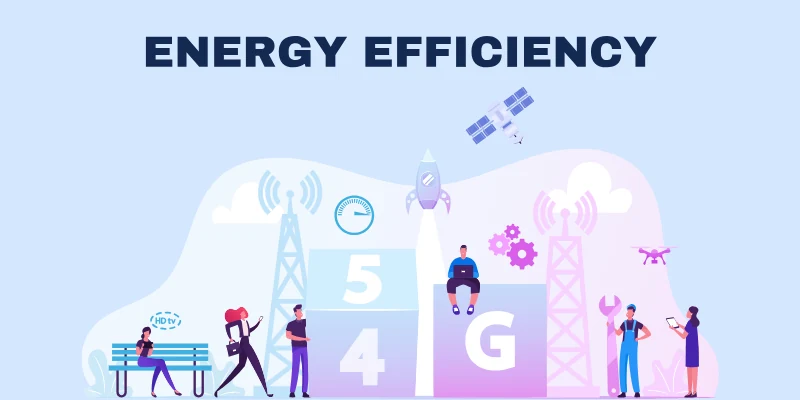
5G: 5G technology is designed to be more energy-efficient, allowing devices to last longer on a single charge, extending battery life for devices.
Applications and Use Cases
- 4G: Great for everyday tasks like streaming videos, browsing the web, and using apps.
- 5G: Opens doors for advanced applications like smart cities, connected cars, and increased reality.
The Future of Network Technology
As we look ahead, the future of network technology is exciting. 5G is expected to cover the way for new advances, like independent vehicles, advanced robotics, and much more.
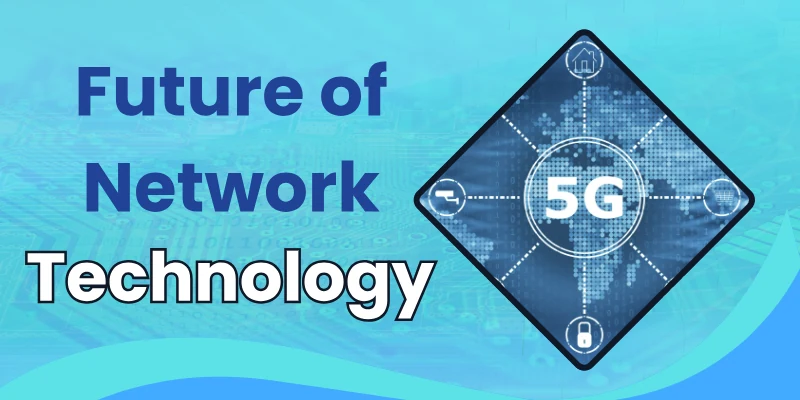
This technology will not only change how we use the internet but also how we live our lives!
Conclusion
In conclusion, both 4G and 5G network technologies have their own unique features and benefits. While 4G brought us fast internet access and improved mobile experiences, 5G takes things to the next level with even greater speed, lower latency, and the ability to connect more devices at once.
As we embrace this new technology, the possibilities are endless, making our digital lives more connected and enjoyable. And if you’re curious about how network choices also matter at home or in the office, take a look at my guide on Wired Ethernet vs Wi-Fi to better understand your connectivity options.
FAQs about 4G and 5G
Here are some of the most Frequently Asked Questions related to 4G and 5G:
The main difference is speed; 5G is much faster, with speeds up to 10 Gb’s compared to 4G’s maximum of 1 Gb’s.
5G offers ultra-low latency, which means almost no delay, allowing for smooth and responsive gameplay.
Yes, 5G can handle many more devices together, making it better for crowded areas.
5G can enable smart cities, connected vehicles, virtual reality, and advanced healthcare applications.
While some people have concerns about radiofrequency exposure, studies show that 5G is generally safe within regular limits.
Yes, you’ll need a device that is compatible with 5G technology to access its benefits.
4G is more faster and more reliable than 3G, offering improved data speeds and better connectivity.
Costs may include a new 5G-compatible device and potentially higher monthly service fees from carriers.
Yes, but coverage may vary depending on your location and the number of 5G towers nearby.
5G is being rolled out gradually, so coverage will continue to expand over the coming years.

- Be Respectful
- Stay Relevant
- Stay Positive
- True Feedback
- Encourage Discussion
- Avoid Spamming
- No Fake News
- Don't Copy-Paste
- No Personal Attacks

- Be Respectful
- Stay Relevant
- Stay Positive
- True Feedback
- Encourage Discussion
- Avoid Spamming
- No Fake News
- Don't Copy-Paste
- No Personal Attacks
